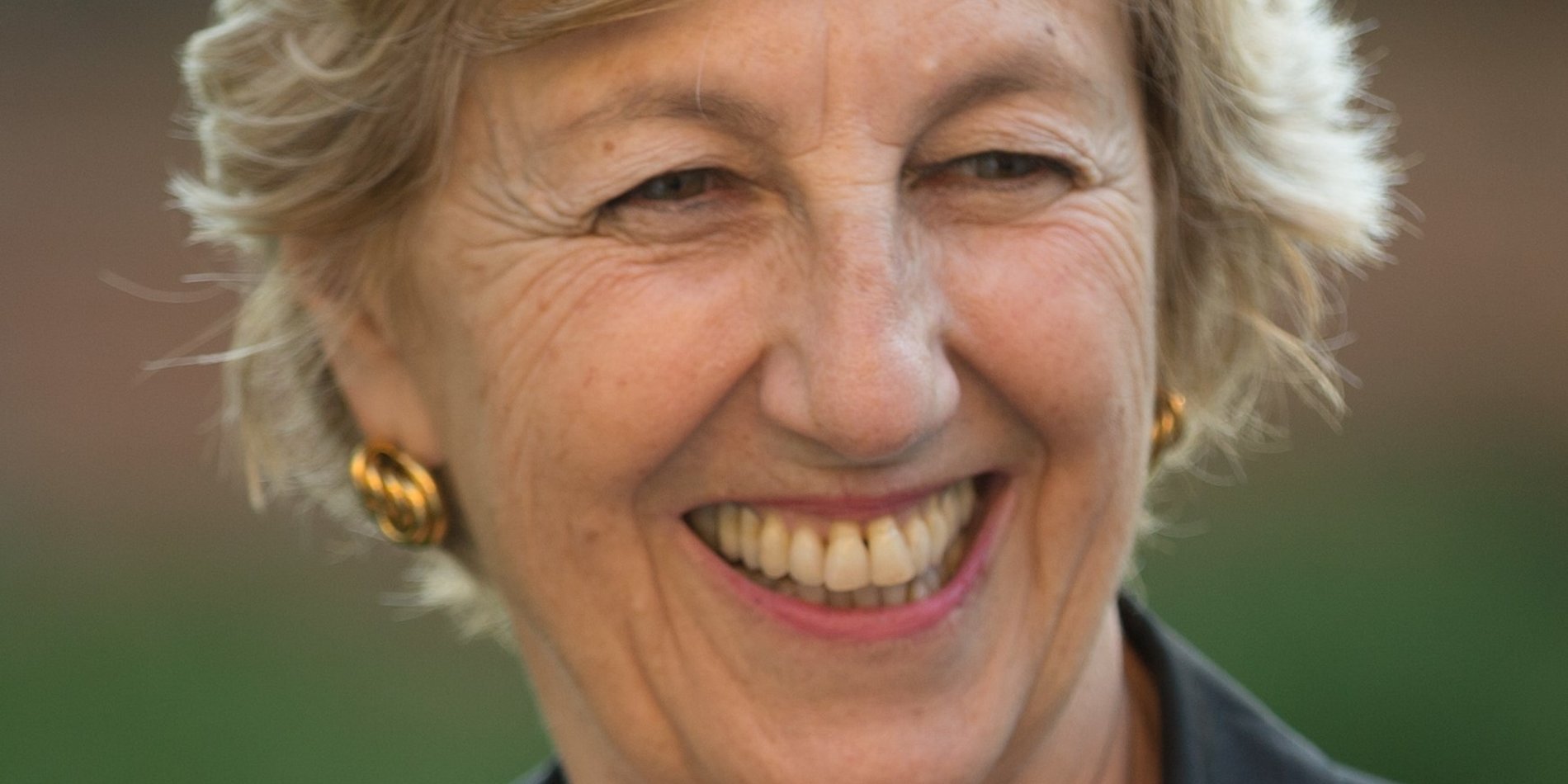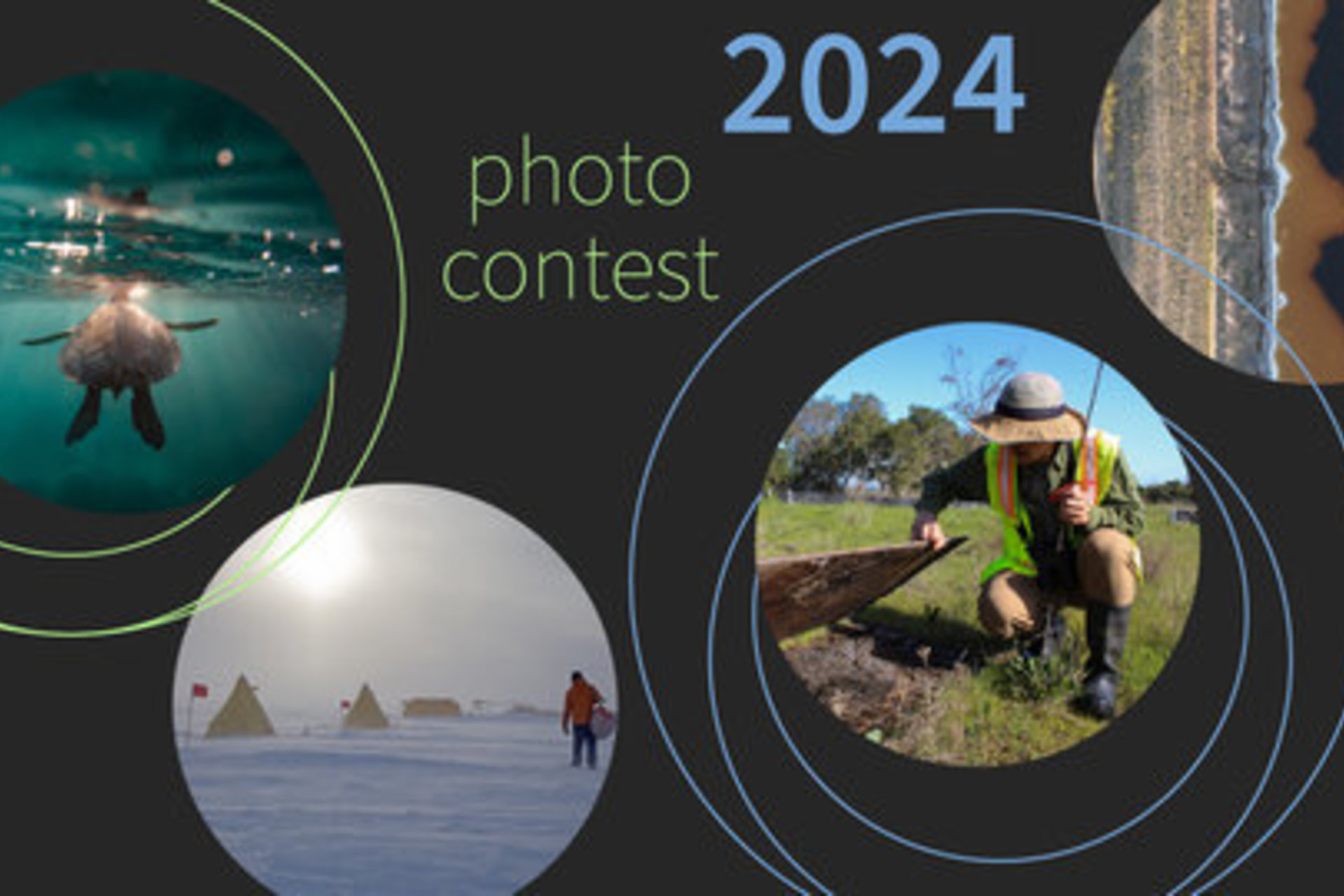Holding on to hope: Q&A with Julia Marton-Lefèvre, former director general of the International Union for Conservation of Nature
Julia Marton-Lefèvre, former director general of the International Union for Conservation of Nature, reflected on her work to ameliorate the world's biodiversity crisis with Nicole Ardoin, associate professor of education and senior fellow at the Stanford Woods Institute for the Environment.
Edited excerpts of the May 8, 2019 conversation are below.
Q: What is the importance of interdisciplinary research?
In 1986, I was the executive director, and the first woman in hundreds of years, of the International Council for Scientific Unions. Now it’s called the International Science Council, and we put together the first Global Change Research Program. Even then, to get people from the so-called “hard sciences” or the natural sciences to talk across disciplines, let alone the social sciences –that was just difficult.
And why is it difficult? It’s because of the way our society is has been set up for centuries. Government departments, UN organizations. And of course, academic departments. When you get a degree in one thing, you get recognized in that one discipline, but not too many other people read your papers. So I think interdisciplinary thing is a very courageous journey. We’re still on it, and we need it to try to understand the big picture. You need the natural and social sciences. You need systems thinking. You need cross-cultural understanding. Our world is divided into departments and countries. I’m not sure if it’s working, yet.
Q: How has being a global citizen influenced the way you think about the environment?
First of all, from what I read, it’s not that easy being a “migrant” in this country anymore. But back in my days, the American people were really welcoming, and I was quickly elected president of my elementary school class. I learned a lot here, and I think it was a leadership skill to become an American. One of the life-changing things that I did was join the Peace Corps –it really changed my journey. I'm sure it was from my experience after the Peace Corps that I am trying to write a book now, which actually has a title “Global Citizen.” I’ve always liked crossing boundaries.
And then I did one of the early interdisciplinary degrees and environment which nobody was doing in those days, and that worked out well for me because I got a job at the United Nations Environment Program based in Paris at UNESCO. I started a job there in Environmental Education. I already knew that people needed to know what you all know, but in those days, I was pretty early on. I was encouraged to move away from the political mess, and was recommended to work for ICSU. That’s how I got the job as assistant executive director, and those were amazing years for me.
And after that I had this incredible challenge to go and run this UN mandated University for Peace in Costa Rica. The reason I accepted that as because I really love being on a campus with students from all over the world, and I felt that the there was a problem of interdisciplinary thinking within the sustainable development community, of which I was a full-fledged member. I did introduce an environmental security master's program, which is still going on.
So, I’m a global citizen, and trying to cross those bridges between the divides. I'm looking at the big picture and I'm seeing how complicated our challenges are.
Q: What has been one piece advice that has stuck with you throughout your career?
Well, I think something that I’ve learned from my parents is that they made us feel good about ourselves. What I would take it away from that is that none of my jobs were an ego trip. It wasn't about me. If I'm ever going to finish this book and write another one, I already have the title: “Insecure.” I think that we are driven by a lot of insecure people, and it shouldn't be about that if we're working on these issues. This is for the benefit of ourselves and our future generations in sustainability. So the advice is: feel good about yourself, just go for it, and find the solution.
Q: A new study this week reported that there are many species on the brink of extinction. How do you remain optimistic in latest findings like this and devastating report segments?
There’s nothing in this report that we didn't know before the more specific numbers and graphs. This is now supposed to be in our hands to do something. And I've never seen so much press coverage of biodiversity loss. It was in all the newspapers that we all read and in many languages. I have them all here on my iPad. One of my son's wrote to me and said, “you know, it's great that you would be involved in this, but don't let it be dropped.” Three or four days maybe and then move on to other things. That's our responsibility, and it's an interdisciplinary challenge.
And how do you remain hopeful? I have, in my long life, seen so many changes that I would never think to see in just in my lifetime. I was born after the Second World War, but who would have ever thought that we would get back on our feet? We are capable, we can do this. I believe in our capacity to be good, and to be smart. We also have the capacity to be really stupid, but I think that there are more of us who want to do good things. What is missing is that is an intelligent way to channel our goodwill and our knowledge.
Just one example of this: I don't see why we have to inter-governmental panels. As if biodiversity loss has nothing to do with the climate. The climate issue is making it worse and makes it more imperative that we fix the problems of nature, because healthy ecosystems have a huge role in both adaptation and mitigation. And so why do we need to address this in two different ways, in two different places on the planet? In 1992 many of us said at least put them in the same city, so they could help each other. So ego is a big handicap, as I said earlier.
Q: What advice would you give to graduate students studying environment resources sustainability, especially thinking about this version of interdisciplinary?
Let me just preface that by saying that it all the things that I do probably the thing that I like to do the most in my new private citizen life is to be with students. I think many of the students that I've come into contact with are very interested in the ‘so what?’ In other words, it's really important to go deeply whether we doing a Masters or Ph.D., but we also want to see how it can influence change. Don’t only do your research, but to go beyond the walls of whatever discipline you’re in, and don’t be embarrassed to explain it very simply. It's not stupid, it’s just that you don't need to use these technical terms all the time.
Q: Can you tell us about a successful example of communicating research to policymakers?
That's a tough question. There have been small successes, but not really big enough. I mean, it's too slow, when you think about how long we've known about climate change and biodiversity loss. But I think in the red list of threatened species started to speak in a way that was easier to understand. I had to really struggle with my staff to allow me to make my speeches about the red list to people who are in government positions. You’re not going to talk to them in that “red list language”. I would say, you know, 20-25% of mammals risk being lost forever. If 25% of your relatives were known to have a very life-threatening disease, you would do something about it! When I would say this, people would we were not asleep. So I think there was a little success in changing the language.
The other thing is when we discovered what a huge percentage of human beings don't know what biodiversity means –and I think that's probably even on the streets of Palo Alto. Why can’t we be a little bit generous about explaining and talking about nature? You need energy to convince people nicely and have patience to listen to them. I am filled with energy and optimism and hope that our answers every single issue that we're facing there are answers. So let's just get on with it! And some of you run for office, please. I don't know if you need any more candidates for the Democratic president.
Explore More
-
Stanford Doerr School of Sustainability's photo contest showcases affiliates' actions to combat climate change and the beauty of Earth.
-
Conventional sunscreen ingredients can damage coral reefs and human health. An immunologist and a marine ecologist teamed up to develop a better approach.




